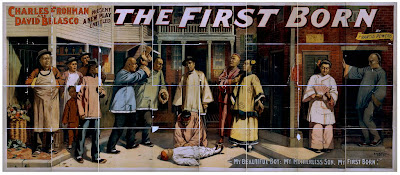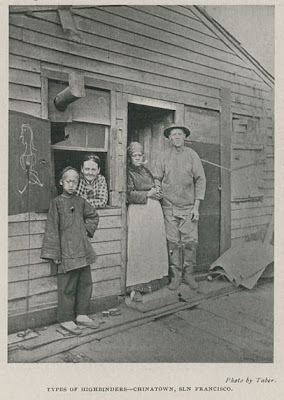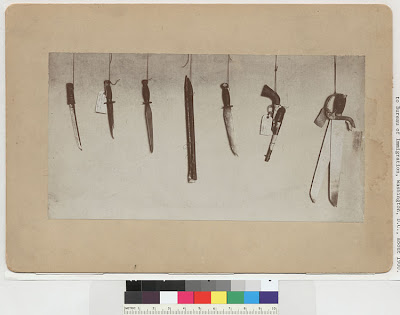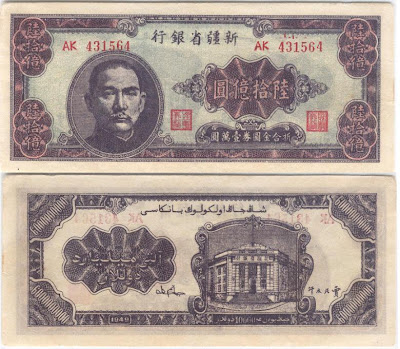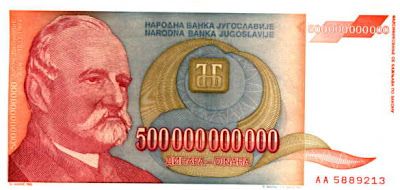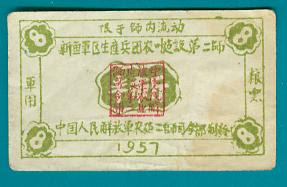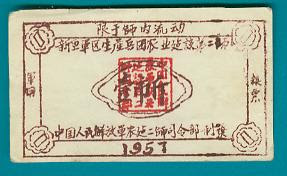The Washington Post has an interesting article on Iraqi and other “immigrants” in China, particularly in Yiwu, Zhejiang. The thrust of the article, titled “Chasing the Chinese Dream”, is that “For a growing number of the world’s emigrants, China — not the United States — is the land where opportunities are endless, individual enterprise is rewarded and tolerance is universal.” The article then goes on to undermine this more or less completely towards the end by mentioning that these “immigrants” couldn’t even bury one of their dead in China, and only 700 foreigners have the equivalent of a green card.
Anyway, I was struck by this bit:
Over the past 20 years, the government has gradually allowed its own Muslim minority to rebuild institutions that were devastated by state-sponsored attacks on Islam during the Cultural Revolution. Islamic schools have opened, and scholars of Islam are being encouraged to go abroad to pursue their studies. Unlike Christians, China’s estimated 20 million Muslims are considered an ethnic minority, a status that confers certain protections and privileges.
OK… uh, China still confiscates passports to prevent Uyghurs from going on the Hajj, bans students, children and those employed by the government (which is alot of people in Xinjiang) from attending mosques, and all schools and imams are licensed and controlled by the state.
But even more wrong is the assertion that Muslim is “an ethnic minority” and the false comparison to Christianity. This is a misunderstanding that probably arose because one particular ethnic group associated with Islam, the Hui, are often called “Muslim Chinese”. While the Hui are historically defined by their religion, as an ethnic group, they are defined by heritage. You are Hui if your mom and/or dad was Hui. You cannot convert to Hui, though there are Chinese citizens who dig up any scrap of minority ancestry they can so they can miss out on the One Child Policy. Also, you are still Hui even if you don’t follow Islam, and many do just that.
The other problem with stating Muslim is “an ethnic minority” is that Muslims in China are found amongst various ethnic groups. Specifically, besides the Hui, there are the Uyghurs, Kazakhs, Dongxiang, Kyrgyz, Salar, Tajiks, Uzbeks, Bonan and Tatars.
And then there’s the bizarre Case of the Hui Tibetan, and in fact the Muslim Tibetan as well. This distinction is based on the legend of a Muslim named Pir Jacob, who came from the West and was granted land to build a mosque by the Fifth Dalai Lama after he spotted Jacob through a telescope. The Hui Tibetans, on the other hand, were Muslims who came to Tibet from China Proper to the East. The two groups have moved closer together in recent history.







